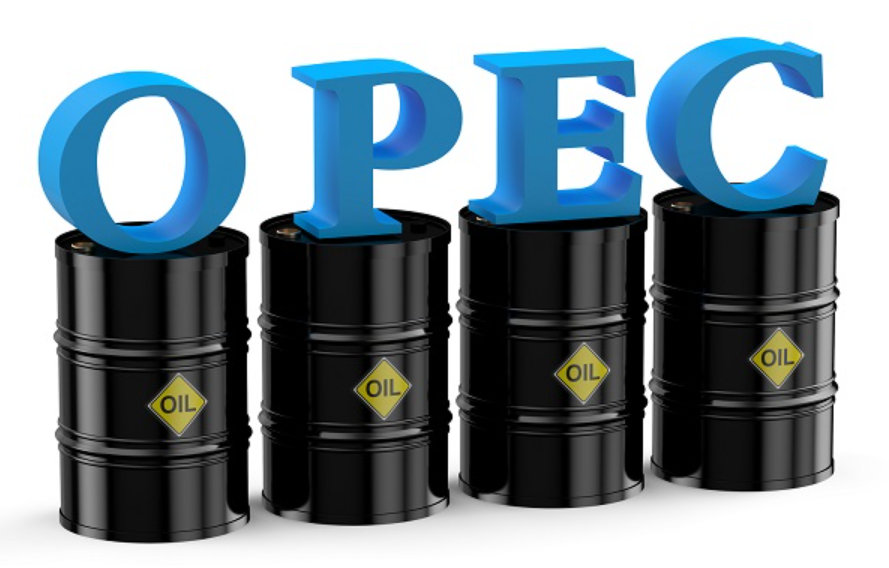
Brent crude hit its highest level since October 2023 following the announcement. OPEC+, led by Saudi Arabia and Russia, reiterated the extension of voluntary output cuts totaling 2.2 million barrels per day until the end of June, aiming to support the market amid tight global supply conditions.
The committee highlighted the "high conformity" of members to the pledged cuts, though it acknowledged the need for improved compliance from certain nations. The oil market has been significantly influenced by recent events, including attacks on Russian energy infrastructure and conflicts in the Middle East, further tightening supply and pushing prices upward.
Analysts suggest that OPEC+’s decision to stick with the cuts will continue to keep global oil markets tight, potentially leading to higher prices. The group's commitment to managing supply reflects their ongoing strategy to stabilize the market and ensure price support.
This move aligns with OPEC+’s broader strategy to manage production levels in response to market conditions, balancing the need for revenue with the risk of driving prices too high, which could potentially dampen demand.
As OPEC+ continues to navigate these complex dynamics, the global energy market remains highly sensitive to their policy decisions, with significant implications for economies worldwide.
Topics
Spotlight
